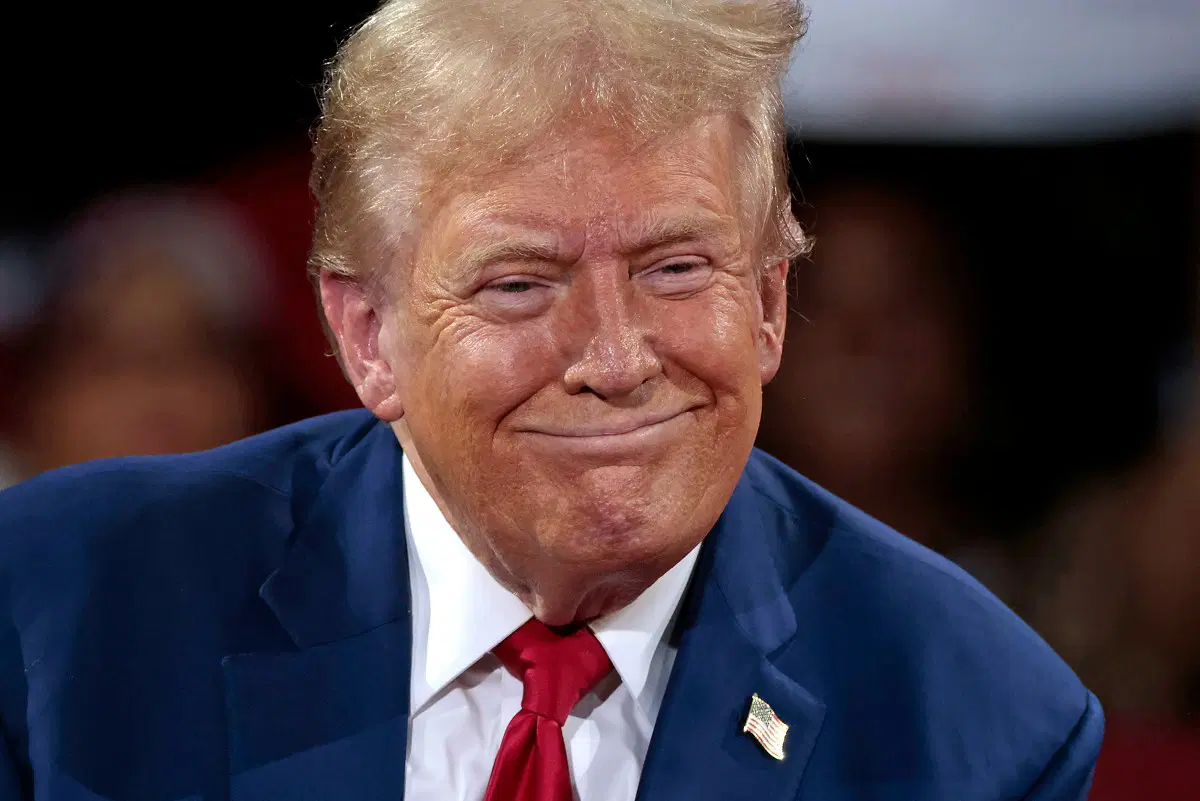With the US presidential election just days away, polls indicate that Vice President Kamala Harris and former President Donald Trump are statistically tied, making this one of the closest elections in US history. As both candidates intensify their campaigns in battleground states, the stakes extend beyond American borders, particularly affecting the African continent.
The upcoming election represents a clash of worldviews and ideologies that will shape global engagement. The outcome could have serious implications for various aspects of international relations, economic policies, and humanitarian efforts in Africa.
Interestingly, despite Kamala Harris’s status as an African-American candidate and the historical ties between the Democratic Party and pro-Africa policies, many Nigerians express a preference for Donald Trump. This shift in sentiment can be attributed to several factors:
- Disappointment in Past US Policies: Many Nigerians are still disillusioned by the perceived influence of former President Barack Obama during the 2015 Nigerian presidential election. While Obama did not explicitly endorse any candidate, critics claim his administration favored Muhammadu Buhari over Goodluck Jonathan, particularly due to the latter’s association with corruption. This perceived bias led many, especially from the southeastern region of Nigeria, to abandon support for the Democratic Party in favor of the Republicans, despite the lack of significant electoral impact.
- Alignment with Christian Values: The Republican Party’s advocacy for traditional Christian values resonates deeply with many Nigerians, a nation characterized by strong religious beliefs. With over 90% of the population engaging in regular prayer, many view the Republican stance on family and marriage as aligned with their conservative outlook. Conversely, the Democratic Party is often seen as promoting an agenda that conflicts with these values, particularly regarding LGBTQ rights, further driving conservative Nigerians toward the Republican platform.
- Admiration for Strong Leadership: Trump’s image as a decisive and authoritative leader appeals to some Nigerians, mirroring a preference for strongman leadership that is often prevalent in African political culture. Many citizens respect leaders who exhibit control and assertiveness, qualities that Trump is perceived to possess.
However, the question remains: Is Trump truly beneficial for Africa? While some may admire his leadership style, his policies often prioritize America’s interests, and his administration has been criticized for a lack of consistent engagement with Africa. Issues such as trade agreements, climate change, and health aid may be deprioritized under a Trump presidency, potentially impacting development efforts across the continent.
In conclusion, while the upcoming US presidential election holds significant implications for Africa, the complex dynamics of preference for either candidate among Nigerians highlight the multifaceted nature of international relations. The election results will undoubtedly shape the future of US-Africa relations, and regardless of the victor, African nations must remain proactive in pursuing their interests on the global stage.

